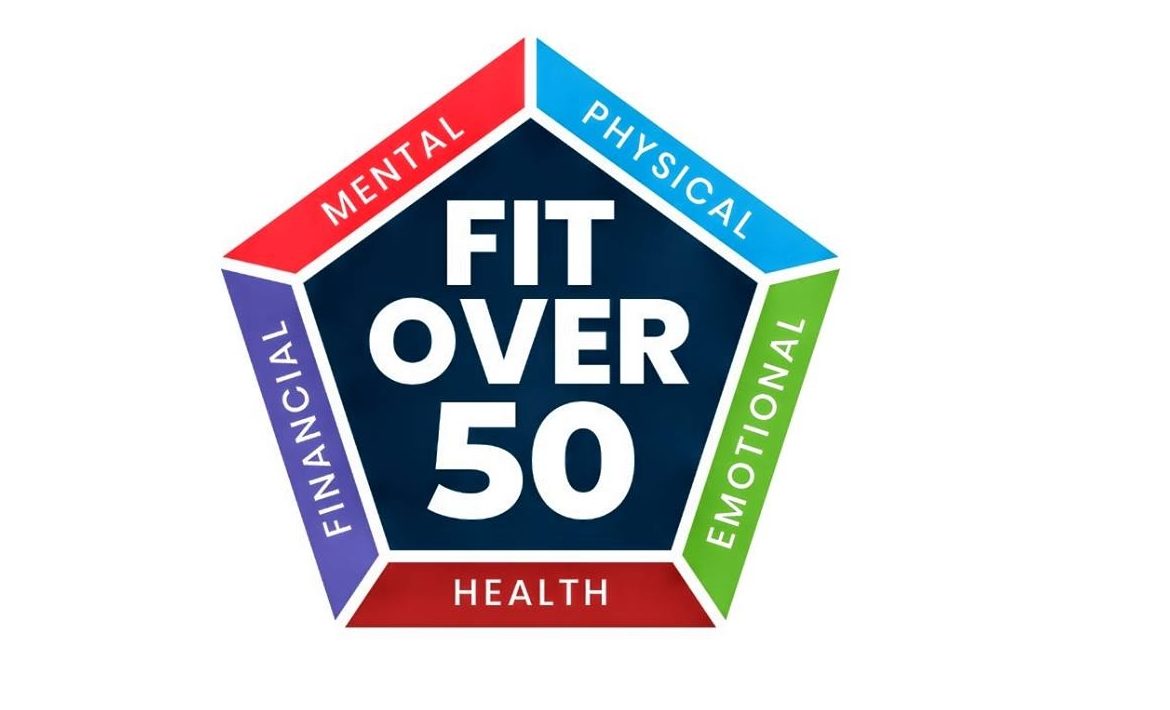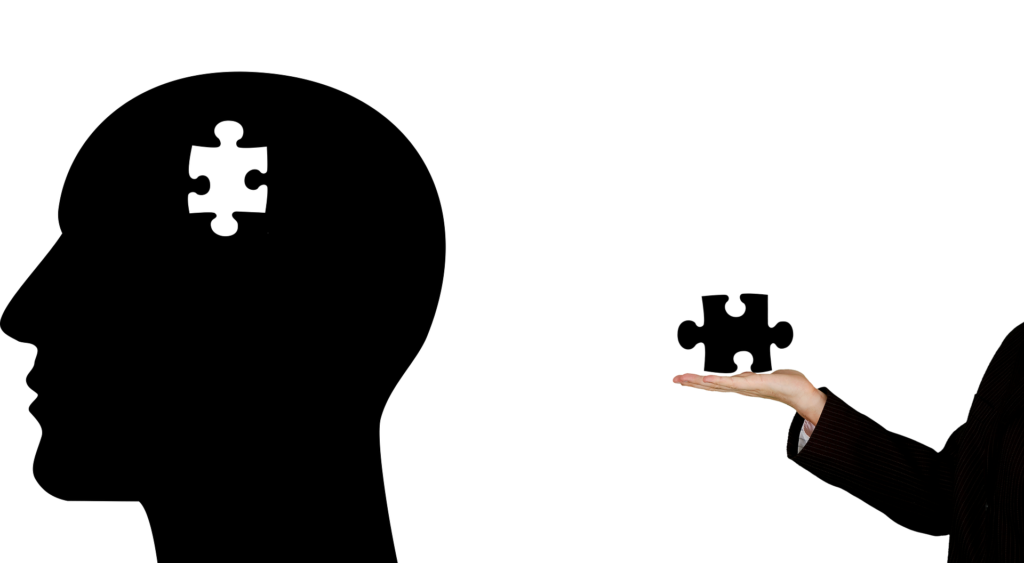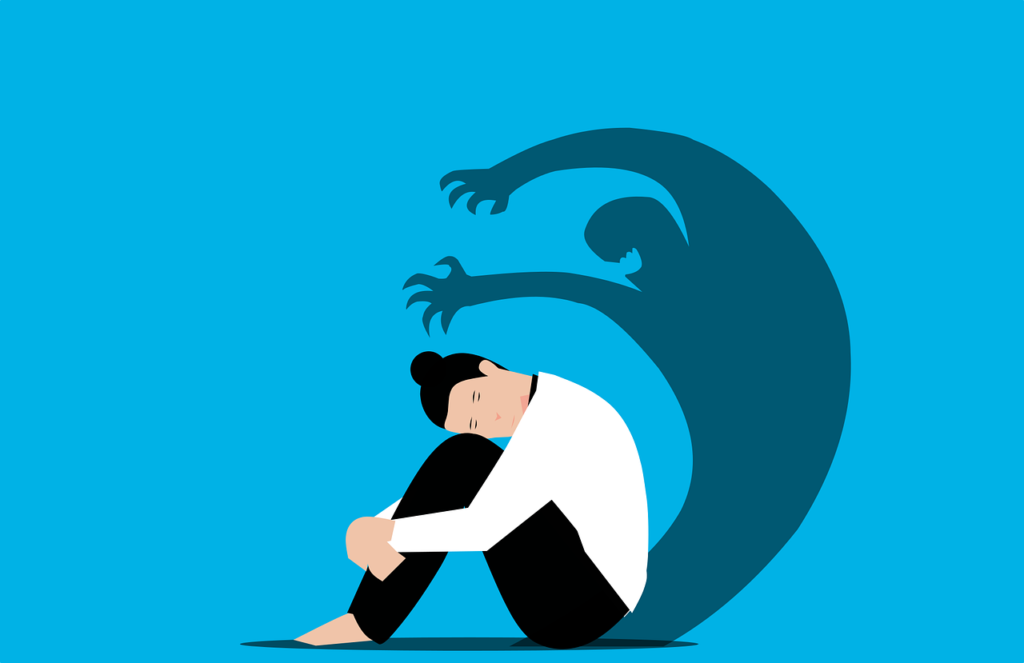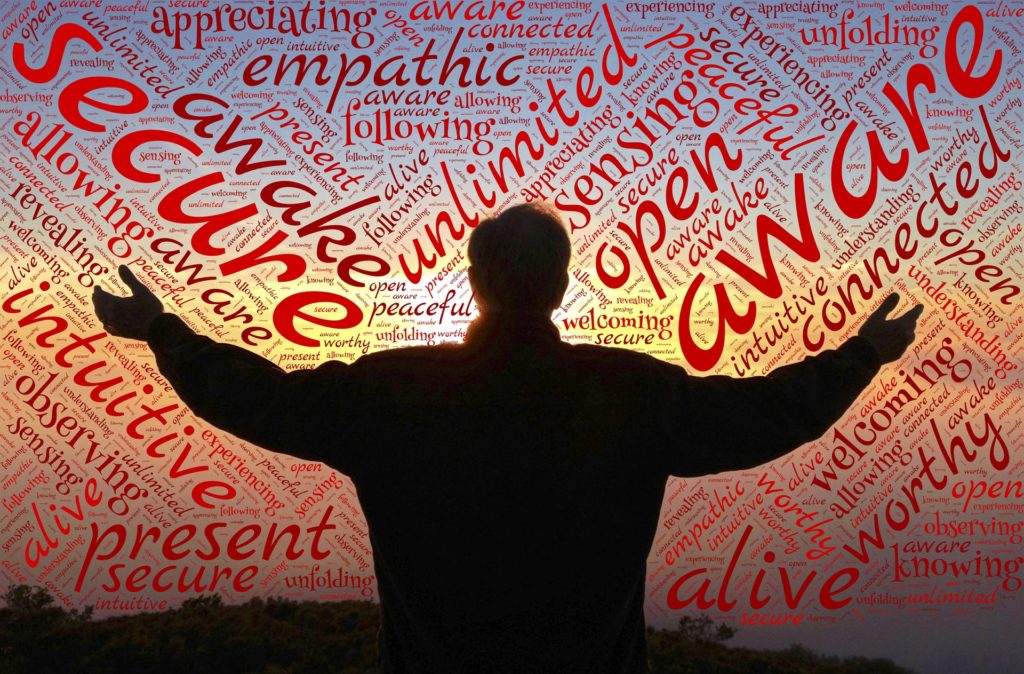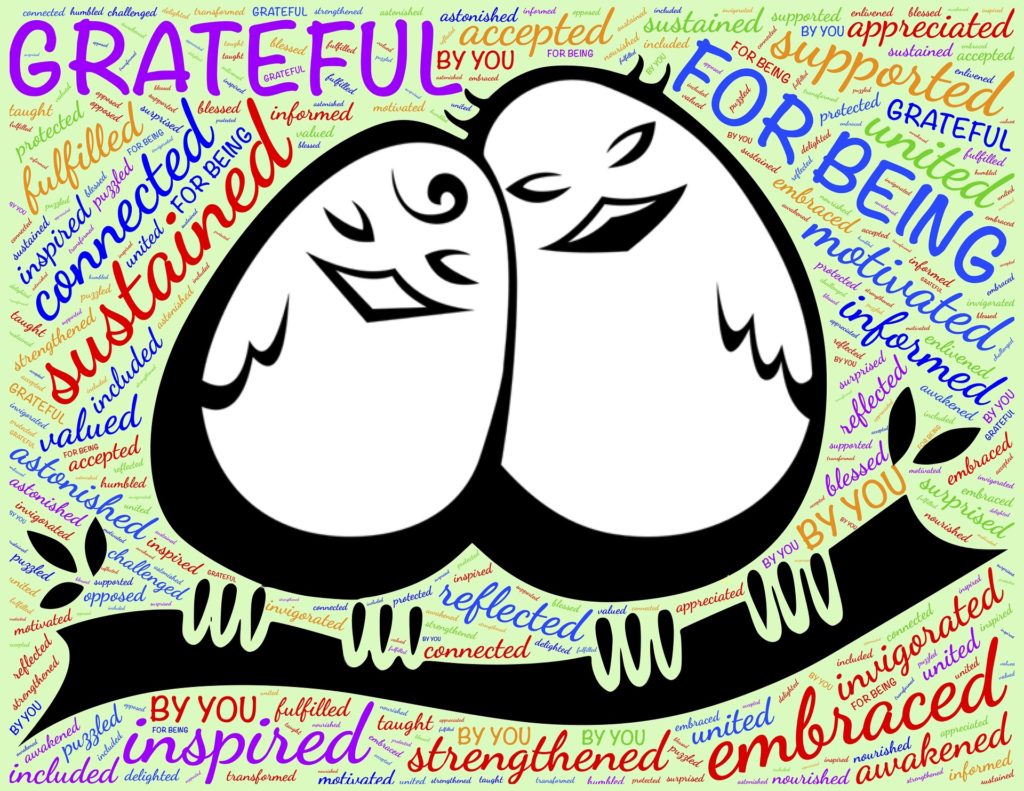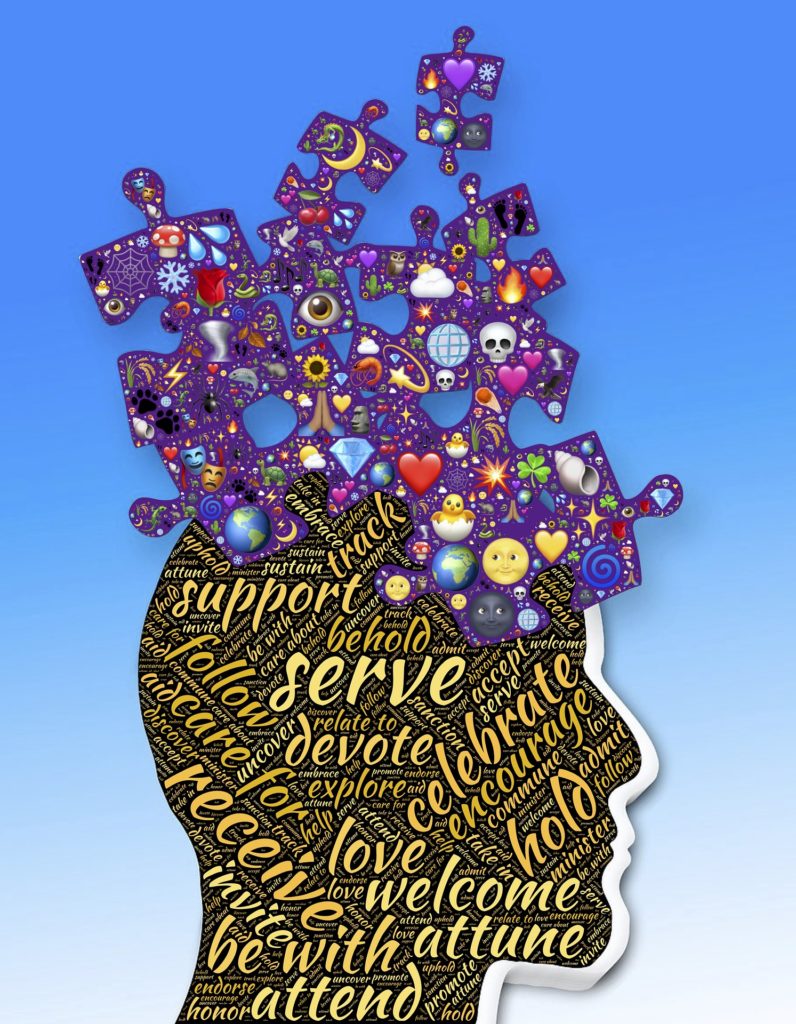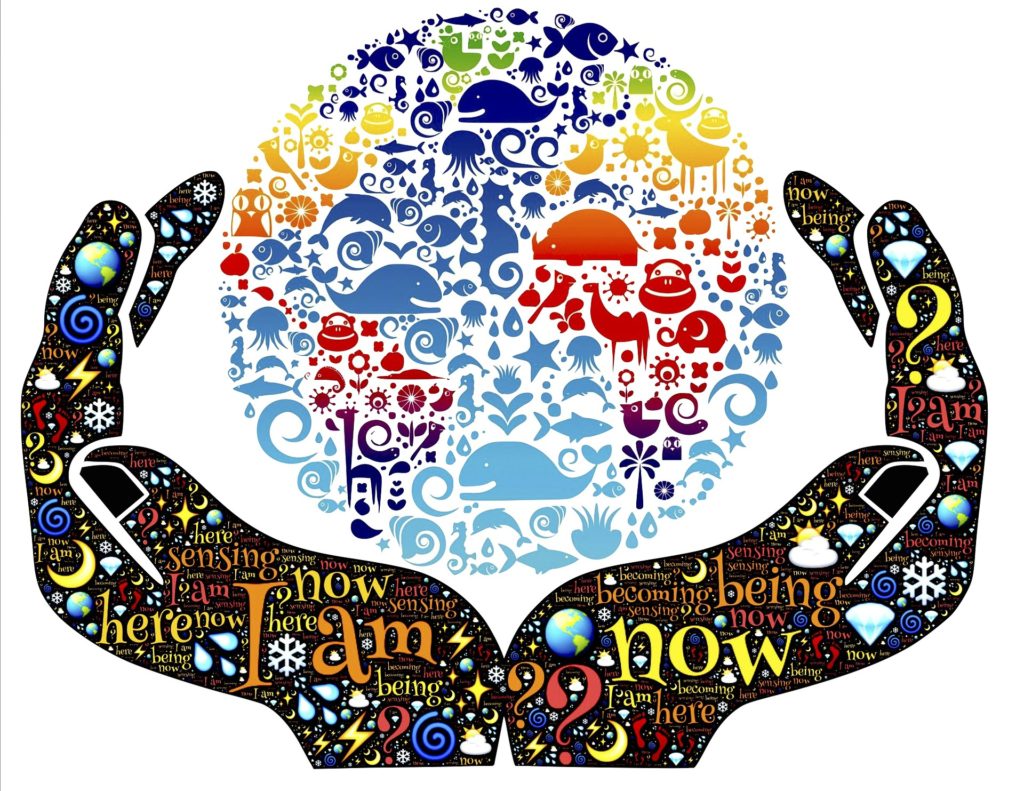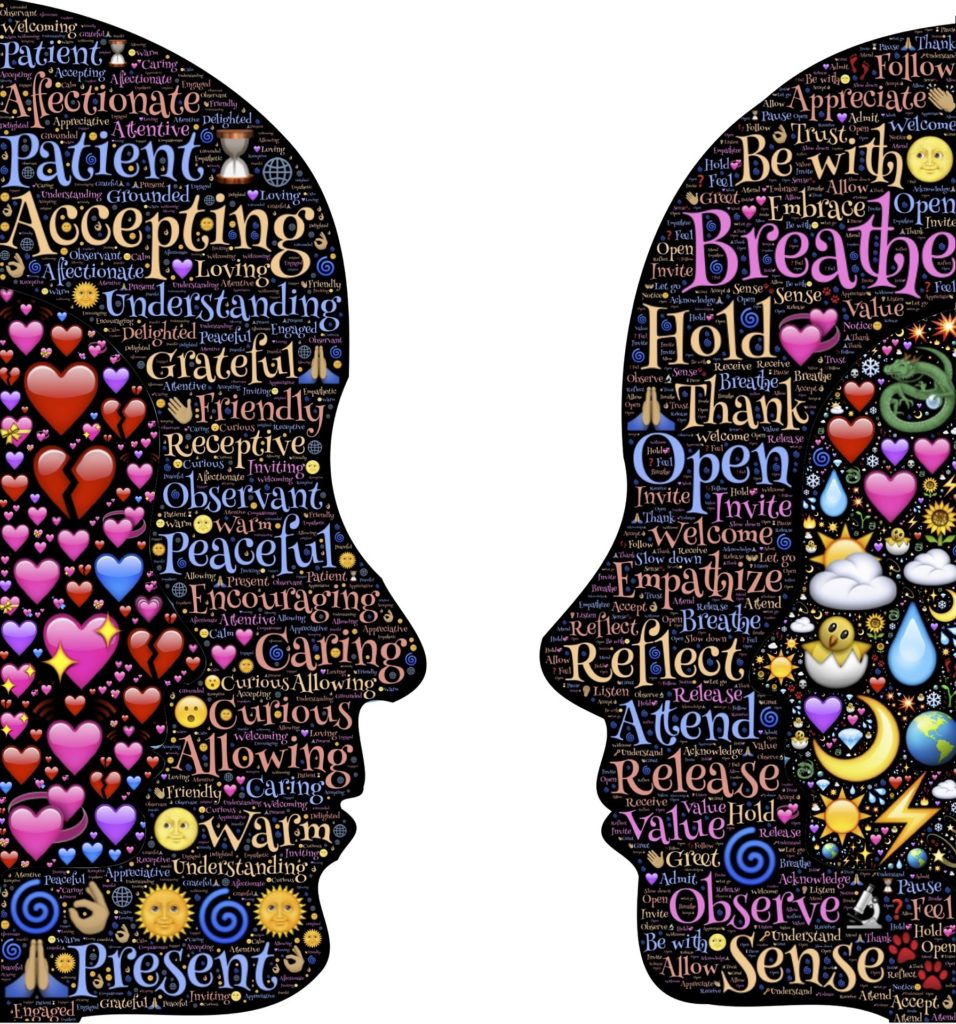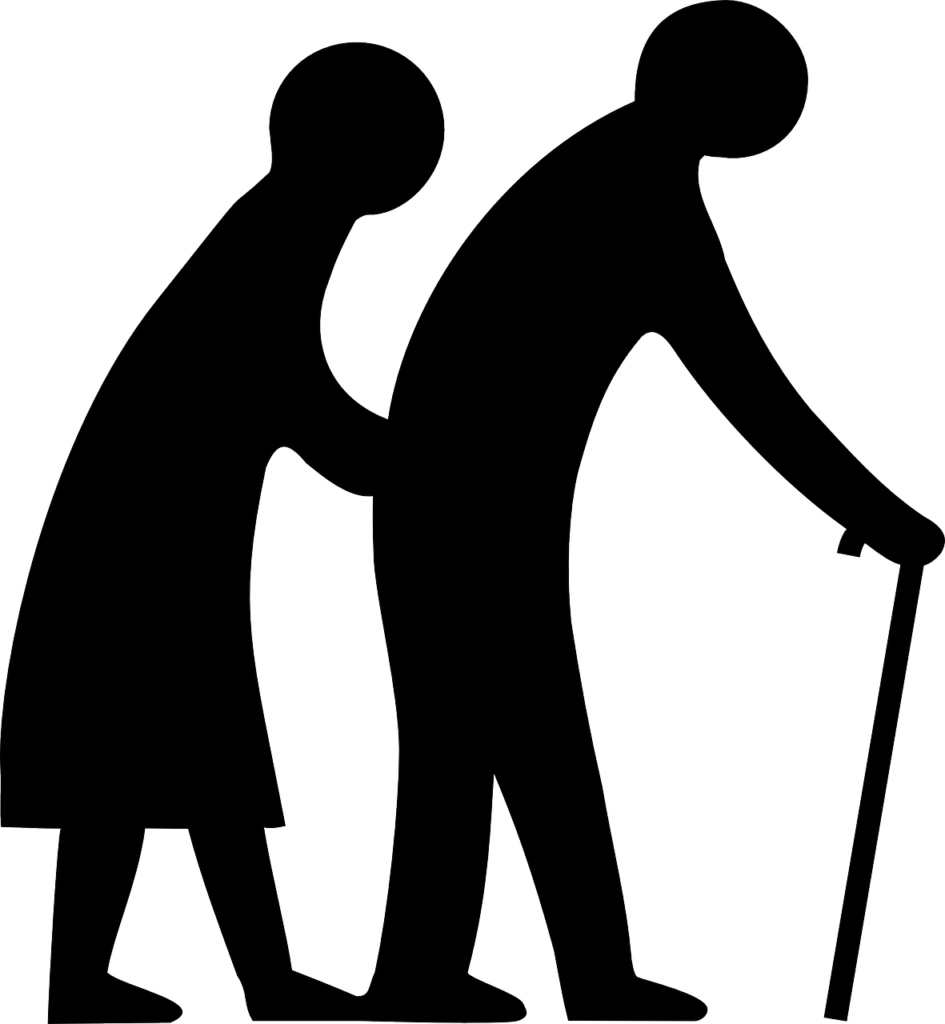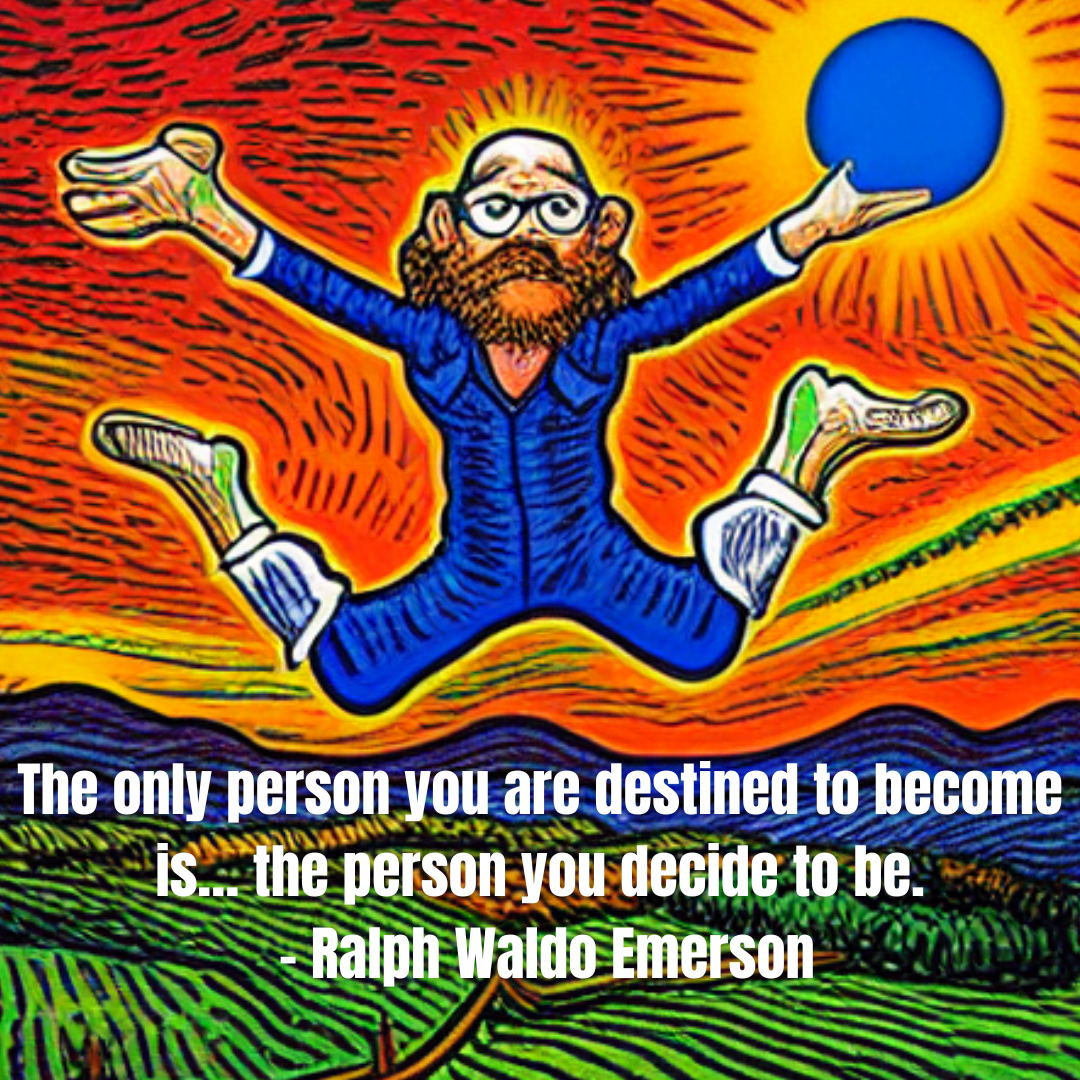
One of the most important aspects of manifesting is having faith in yourself. Without this crucial ingredient, it will be difficult to see your manifestations come to fruition. In this blog post, we’ll explore faith in manifesting so that you can bring your dreams into reality.
Have Faith In Yourself When Manifesting
The first thing to do if you want to have faith in yourself when manifesting is to get rid of any self-doubt that you may have. Faith in Manifesting is paramount. Suppose you don’t believe that you deserve or are capable of achieving your desires. In that case, it won’t be easy to bring them into reality. So, take some time to work on building up your self-confidence and getting rid of any negative beliefs that you may have about yourself.
Another important tip is to eliminate your fears about manifesting your desires. Often, our fears can hold us back from taking action toward our goals. So, take time to identify your concerns and work on overcoming them. Remember, you can achieve anything you set your mind to if you’re willing to put in the work and face your fears head-on.
Finally, keeping a positive attitude when manifesting your desires is essential. This means staying focused on what you want to achieve and not get discouraged if things don’t happen immediately. Keep in mind that Manifesting takes time, patience, and practice. The more you focus on positive thoughts and feelings, the more likely you will see your manifestations come to fruition.
Suppose you want to have faith in yourself when manifesting. In that case, it’s crucial to eliminate any self-doubt, fears, or negative thoughts you may have. Focus on building your self-confidence and keeping a positive attitude, and remember that manifesting takes time, patience, and practice. With these tips in mind, you’ll be well on bringing your dreams into reality!
How do I have faith in my manifestation?
Many people ask me how they can increase their faith in manifestation. It’s a valid question and one that I think a lot about. After all, how can you genuinely believe in something that you can’t see?
The answer, I think, lies in understanding what manifestation is and how it works. Manifestation is the act of bringing something into being. It’s the idea that your thoughts and feelings can shape your reality.
Now, this might sound like a load of nonsense to some people. But there’s a lot of science to back up the idea of manifestation. For example, studies have shown that people who visualize themselves achieving a goal are more likely to achieve it than those who don’t.
So, if you want to have faith in manifestation, I think it’s important to understand what it is and how it works. Once you do that, it becomes much easier to believe in its power.
How Manifestation Works
Manifestation occurs when you align your thoughts and feelings with your desired outcome. So, if you want to manifest something into your life—like a new job or relationship—you need first to believe that it’s possible. You need to visualize yourself achieving your goal and feel the emotions associated with accomplishing it.
When you do this, you send out a signal to the Universe that says, “I want this.” The Universe then responds by bringing you opportunities and circumstances that help make your desires come true.
Of course, manifestation isn’t always effortless. There will be times when doubt creeps in, or you start second-guessing yourself. That’s normal! The key is to catch yourself when you’re doing it and refocus on your goals.
Use Affirmations
Use affirmative statements like “I deserve this” or “I am capable of achieving this” to counter negative self-talk. Visualize yourself crossing the finish line, even if you don’t know exactly how you’ll get there. Look for new affirmations to add to your arsenal. And most importantly, don’t give up! Remember—anything is possible if you believe in it wholeheartedly.
Why Faith is Important
Faith is an essential ingredient in manifestation because it allows you to let go of control. When you have faith in something, you trust that it will happen—even if you don’t know how or when it will happen.
This doesn’t mean sitting back and doing nothing; instead, it means taking action from a place of trust and certainty. It means knowing that whatever outcome unfolds, everything will be okay in the end because you’re following your heart’s desire.
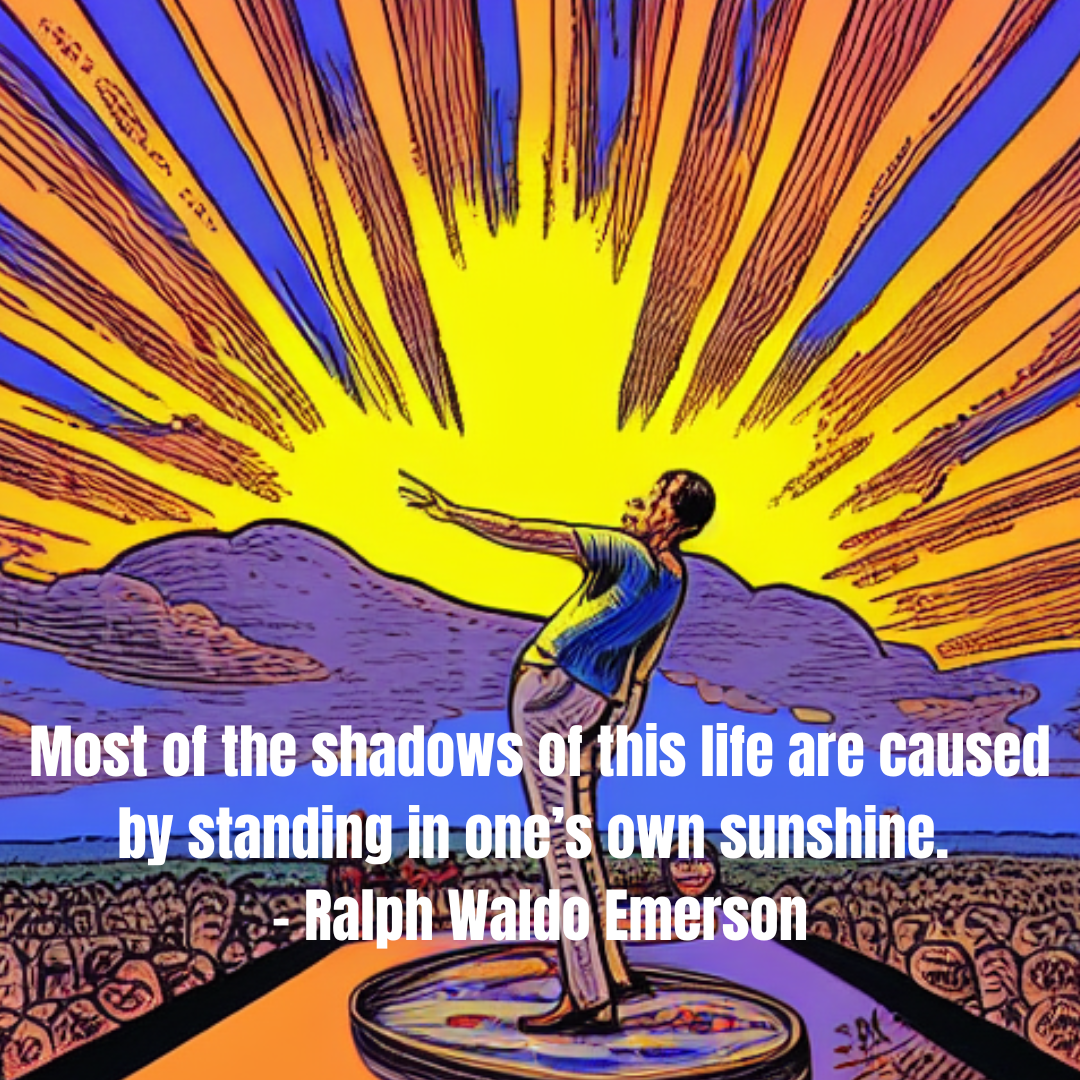
What should I say when I am manifesting?
When manifesting, you must be clear and concise with what you want. Make sure to affirm your desires and focus on what you want, not what you don’t want.
It is also helpful to believe that your desire will come to fruition strongly. Visualize the desired outcome, and feel the emotions corresponding to that outcome. Be patient and stay positive; manifestation takes time and energy.
Tips for Manifesting Your Desires
Now that we understand how manifestation works let’s talk about how to do it effectively. Remember, manifestation is about aligning your thoughts and actions with your desired outcome. Here are some tips to help you do just that:
Keep it simple:
Manifesting your desires can be a compelling experience, but it’s essential to remember that it’s not always easy. The more complex your language, the harder it will be to manifest your desires. So choose your words wisely and keep them short and sweet.
That said, you can do a few things to make the process easier and increase your chances of success.
First, make sure you believe what you’re saying. It will be much harder to manifest if you don’t honestly think you can have what you desire.
Second, focus on what you want, not on what you don’t want. When you focus on what you want, you open yourself up to receiving it.
Finally, be patient and stay positive. It may take some time for your desire to manifest. Still, if you remain positive and focused on what you want, you will eventually achieve it.
Be specific:
When manifesting your desires, it is vital to be specific in what you want. The more specific you are, the easier it will be to attract what you want into your life. You need to be clear about what you want and have a strong desire for it to create it.
Make a list of what you want and focus on each item one at a time. Visualize yourself having already achieved your goal and feel the excitement and joy of it. Believe that you can have whatever you desire and be willing to do whatever it takes to get it.
Be positive and think positively about what you want. Have faith that you will receive what you desire. Keep your mind focused on what you want, and don’t let negative thoughts or doubts enter your mind. Be patient, and don’t give up on your dreams. The Universe is always working in your favor, so stay positive and trust that you will get what you want.
Be positive:
When you focus on the things you want to manifest in your life, you must be positive and hopeful. If you constantly think or speak negatively, you’ll only bring more negativity into your life.
However, focus on the good things you want to happen and remain positive and hopeful. You’ll increase your chances of manifesting those things.
By being positive and optimistic, you’re opening yourself up to opportunities and possibilities that wouldn’t have been possible if you were negative and pessimistic. You are creating the recipe for success. So stay positive, focus on what you want, and be open to all the beautiful things that can happen when you do.
Be Aware of Your Physical Reality
It is essential to be aware of your physical reality and care for your body if you want to achieve your goals. Eating healthy and exercising will help you stay focused and motivated.
It would be best to list what you want to manifest and be clear about your intentions. Visualize what you want to achieve and believe that you can do it. Stay positive and take action towards your goals.
Take action:
Manifesting your desires can be a potent tool if used correctly. Keep a few things in mind to ensure you get the most out of your manifestations.
It is vital to take action towards your goal. This doesn’t mean that you have to have everything figured out ahead of time—start moving in the right direction and let the Universe guide you. Additionally, make sure that your desire is something that you want. Don’t try to manifest something just because you think you should or because someone else wants it for you. Make sure it resonates with you on a deep level.
Let go:
When it comes to manifestation, one of the hardest things to do is let go of our attachment to the outcome. We must trust that the Universe knows what’s best for us and that everything happens for a reason.
Sometimes, we may not understand why something didn’t work out the way we wanted it to, but if we can learn to trust the process, we will be better off in the long run. Letting go of our attachment doesn’t mean giving up or giving in. It means having faith that the Universe will always provide for us what we need when we need it. We can manifest our desires quickly and confidently by learning to let go and trust.
Be patient. It Won’t Happen Overnight
Manifesting your desires takes time and patience. You need to trust that everything will work out in the end. The process of manifestation is often a slow one, but if you stay focused and believe in what you want, you will eventually achieve it.
You can do a few things to make the process easier, though. The first step, make sure you have a clear image of what you want in your mind. Don’t just focus on the result, but also on the steps you need to take to get there.
The second step, stay positive and don’t give up when things get tough. Believe in yourself and your ability to manifest what you want. Lastly, be patient and don’t rush things. The more patient you are, the better the result will be.
Have Faith:
Manifesting your desires can seem daunting, but it can be easier if you have faith in the process and yourself. Just because you can’t see the results yet doesn’t mean they’re not on their way—trust that manifestation will work for you, and have faith in yourself!
You can do a few things to help increase your chances of success, including writing down your goals, meditating on what you want, and visualization. These tips will help you focus your energy on your wants and increase your faith. Remember that it may take some time for your desires to manifest, so be patient and don’t give up. With faith and perseverance, you can manifest anything you desire!
The power of manifestation is incredible—but it’s not always easy to harness its full potential. However, by following these tips and keeping these principles in mind, you can create the proper atmosphere. Manifestation should become second nature in no time! Before long, you’ll surprise yourself with just how much control you have over creating your reality!
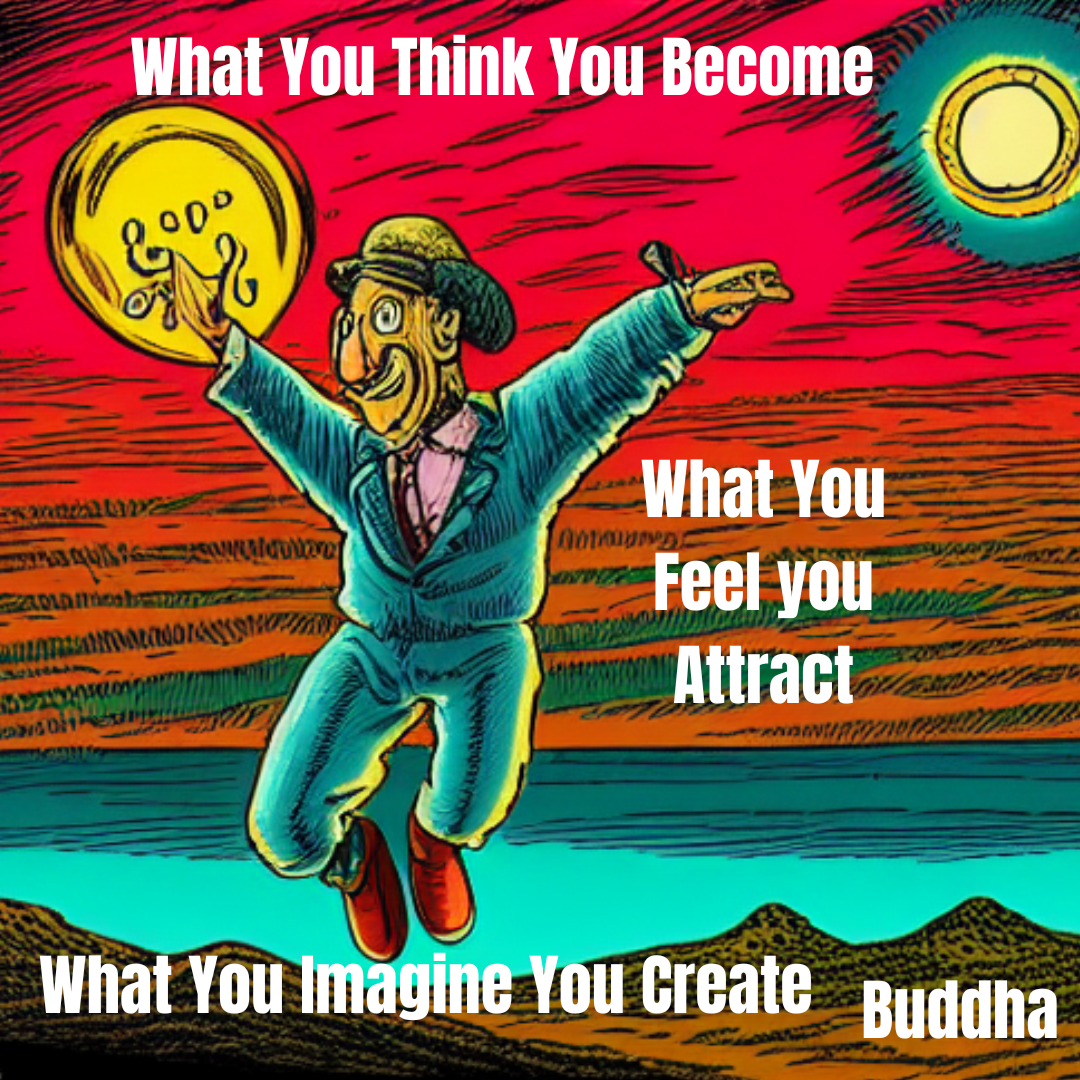
What words should I avoid while manifesting?
One of the most important things to remember when manifesting is that you are the creator of your reality. This means that the words you use while manifesting can have a powerful effect on the outcome of your manifestation. With that in mind, here are some of the most common manifestation words to avoid:
Should – The word “should” implies that you’re not currently doing what you want, which can hold you back from manifesting your desired reality. Instead of saying “I should be thinner/richer/happier,” try using affirmative statements such as “I am thin/rich/happy.”
Can’t – The word “can’t” is similar to “should” in that it implies that you’re not currently able to do something. This can prevent you from achieving your goals, as it tells the Universe that you don’t believe you can reach them. To overcome this, try using phrases such as “I am capable of achieving anything I set my mind to.”
Need – The word “need” implies a sense of lack, which is not conducive to manifestation. When you focus on what you need, you’re attracting more lack into your life. Instead, focus on what you want and how having it will make you feel. For example, rather than saying, “I need more money,” try saying, “I am attracting abundance into my life.”
Don’t – Like “can’t,” the word “don’t” tells the Universe that you’re incapable of doing something. This can, again, prevent you from achieving your goals. A better way to phrase things would be to say, “I am open to receiving _____.”
Fear – Fear is one of the most powerful emotions we experience. It can negatively affect our ability to manifest our desires. When we focus on our worries, we’re attracting more suspicion into our lives.
Instead of focusing on what we’re afraid of, try focusing on what we want to achieve. For example, instead of saying, “I’m afraid I’ll never find a partner,” try saying, “I’m attracting my perfect soulmate into my life.”
Remember, the words you use while manifesting can have a powerful effect on the outcome of your manifestation. With that in mind, try to avoid using words such as “should,” “can’t,” “need,” “don’t,” and “fear.”
Instead, focus on positive affirmations such as “I am thin/rich/happy” or “I am open to receiving _____.” By avoiding negative words and cultivating a positive mindset, you’ll be well on your way to Manifestation Success!

What are the 5 Steps to Manifesting?
Get Clear On What You Want
The first step is to get clear about what you desire. What are your goals? What do you want to manifest in your life? Be specific! The more specific you are, the better. Clarity is critical when it comes to manifestation.
You need to know precisely what you want to manifest what you desire. Spell it out in detail. Don’t be vague or general. The clearer you are about what you want, the easier it will be to manifest it.
You may also want to get creative with how you visualize your desired outcome. The more excitement and enthusiasm you can put into imagining your perfect future, the faster it will become a reality.
Explore Your Belief System and Identify Your Limiting Beliefs
If you want to manifest your desires, it’s essential to identify any beliefs that might be holding you back. These could be things like, “I’m not good enough,” “I don’t deserve it,” or “It’s too difficult.” It’s essential to identify these beliefs so that you can release them and move forward. Once you are clear about what you want, it’s time to take a look at any limiting beliefs that might be in the way.
These beliefs could be preventing you from achieving your goals. Maybe you don’t think you’re good enough or don’t deserve what you want. Or perhaps you believe that it’s just too difficult to achieve your dreams. It’s essential to identify these beliefs and release them so that you can move forward.
Once you’ve identified any limiting beliefs, take proactive steps, it’s time to work on releasing them. This can be done through affirmations, visualization, or just by recognizing the thoughts and getting rid of them. Once they are released, you’ll be able to move closer to manifesting your desires.
Raise Your Vibration
When you raise your vibration, you open yourself up to receive positive energy and guidance from the Universe. This will help you to manifest your desires more easily.
There are many ways to raise your vibration, which will be different for everyone. Some of the most popular methods include meditation, yoga, and spending time in nature. However, the best way to find out what works for you is to experiment with different things and see what feels good.
Another vital part of raising your vibration is practicing gratitude. When you focus on the things you are grateful for, you put yourself in a positive frame of mind. This will help you to attract more good things into your life.
You can practice gratitude by writing down three things you are grateful for a daily or saying thank-you to the people around you. Whatever method you choose, make sure that it feels good for you.
The most important thing is to stay positive and believe that the Universe will guide you towards your goals. Be patient, and don’t give up if things don’t happen immediately. Remember that manifestation takes time and requires effort on your part. If you keep focused on what you want and stay positive, you will eventually achieve your goals.
Ask The Universe For What You Want
The key to manifesting your desire is to ask the Universe for what you want. Be as straightforward as possible when doing this step so that there is no confusion about what you desire. You can ask the Universe for anything – big or small – and trust that it will be delivered.
When you make a clear and specific Universe request, you open yourself up to receiving whatever you desire. The Universe is always working in your favor, so all you have to do is ask and trust that it will be delivered.
Manifesting your desires can seem daunting, but it can be done with a bit of faith and trust. So what are you waiting for? Ask the Universe for what you want, and watch as it comes to fruition!
Take Inspired Action Towards Your Goal
Manifesting your desires can be a powerful way to create the life you want to live. However, it’s not always easy to do. The final step is to take inspired action towards your goal!
This may look different for everyone, but it essentially means taking steps in alignment with what you want to achieve. For example, if your goal is to manifest more money, then taking actions like networking or freelancing would be a good place to start.
The most important thing is to stay focused on what you want and not what you don’t want. This means staying optimistic and avoiding any opposing thoughts or emotions.
It’s also important to be clear about what you want and ensure your goals are realistic and achievable. Plenty of resources are available online and in libraries, if you’re unsure where to start.
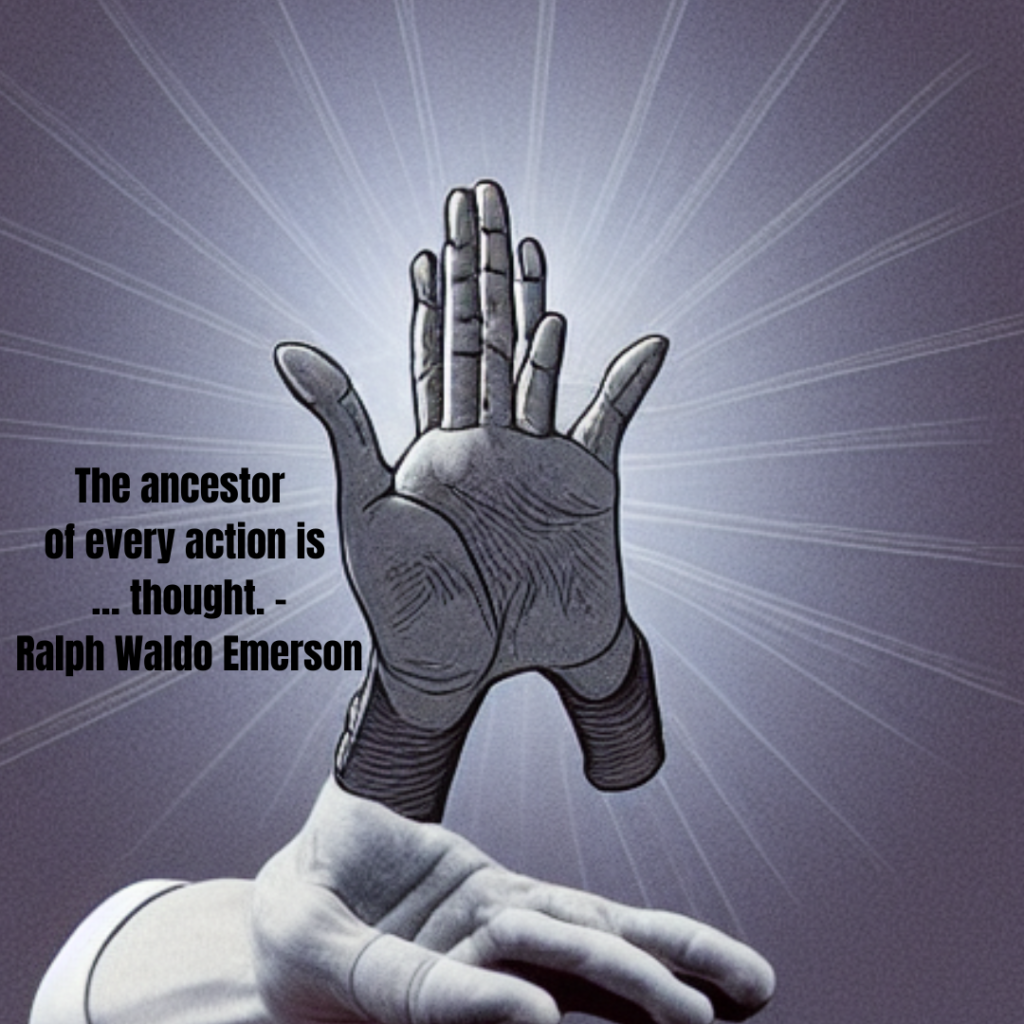
Faith In Manifesting
Manifesting your desires can seem daunting, but with the right tools and techniques, it can be easy and fun! The steps outlined above are a great place to start, but here are a few more tips to help you get the most out of manifestation:
1. Visualize what you want. Seeing your desire in your mind’s eye is one of the key steps to manifesting it into reality. Make sure to visualize it as vividly as possible and include all the details you would want to experience if it were already a reality.
2. Believe that you can have it. One of the essential things about manifestation is believing that you can have what you want. If you don’t think you can have it, then you won’t be able to manifest it.
3. Be positive and optimistic. Focusing on the positive aspects of what you want will help you manifest it faster. Being positive and optimistic will also help increase your vibration and make it easier for the Universe to deliver your desire.
Like Our Facebook Page
